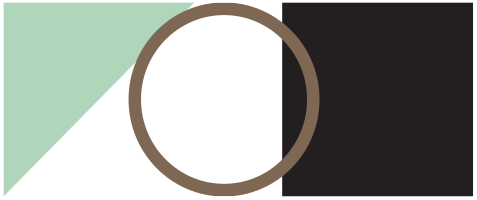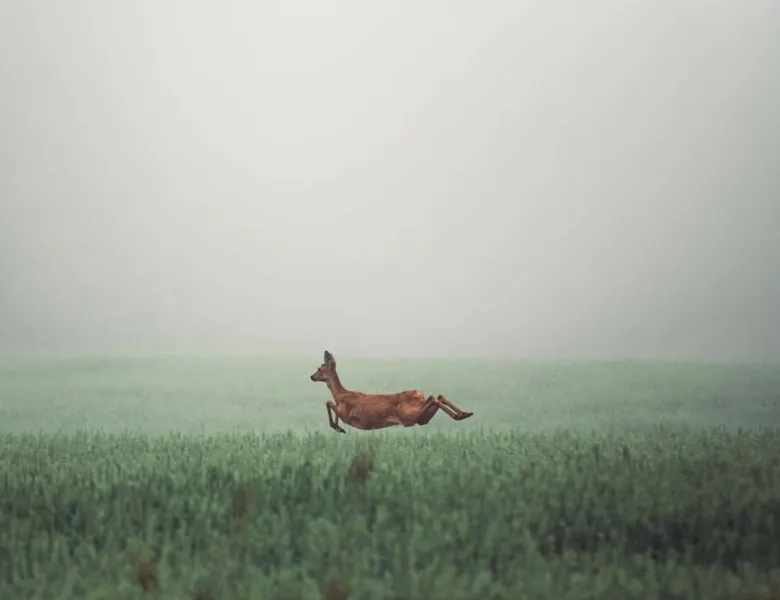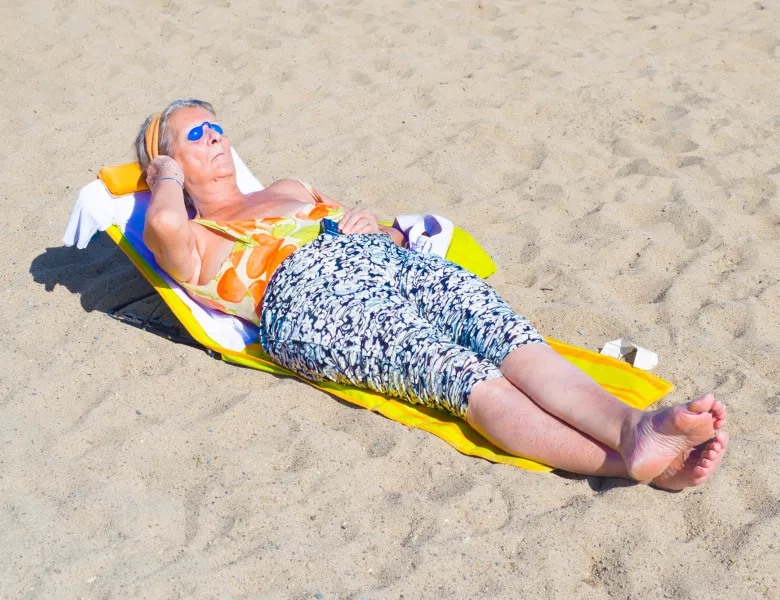Discovering the creative power of photography
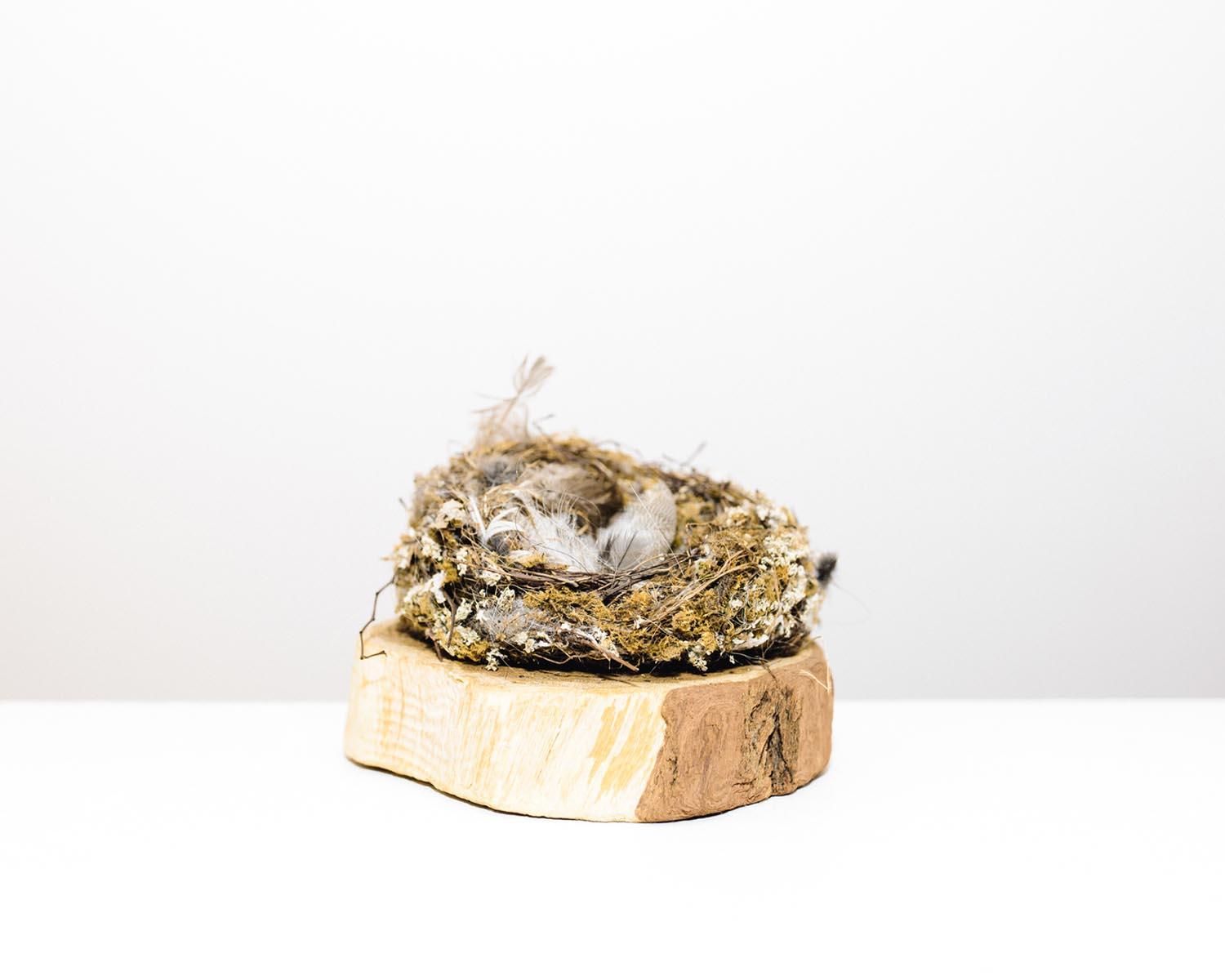
Rafa Raigón is a photographer from Cordoba, Andalusia, in the South of Spain. In 2009, he moved to Berlin with his family. The difficulty of performing in German made him pick up a camera to illustrate what he could not express due to the language barrier.
Since then, being completely self-taught, he has developed his work and skills through festivals such as PA-TA-TA in 2012 held in Granada, “full-contact” within the festival SCAN 2012 in Tarragona or EI AWARD in Braga 2015.
His work has been exhibited in Berlin in 2014 and 2015, Croatia 2016, Lecce, Italy, in September 2016, Granada 2017 and Potsdam and Krakow in 2018. His series "Ikigai" was among the curated selection of 18 projects from the inaugural DER GREIF and the World Photo Organisation open call.
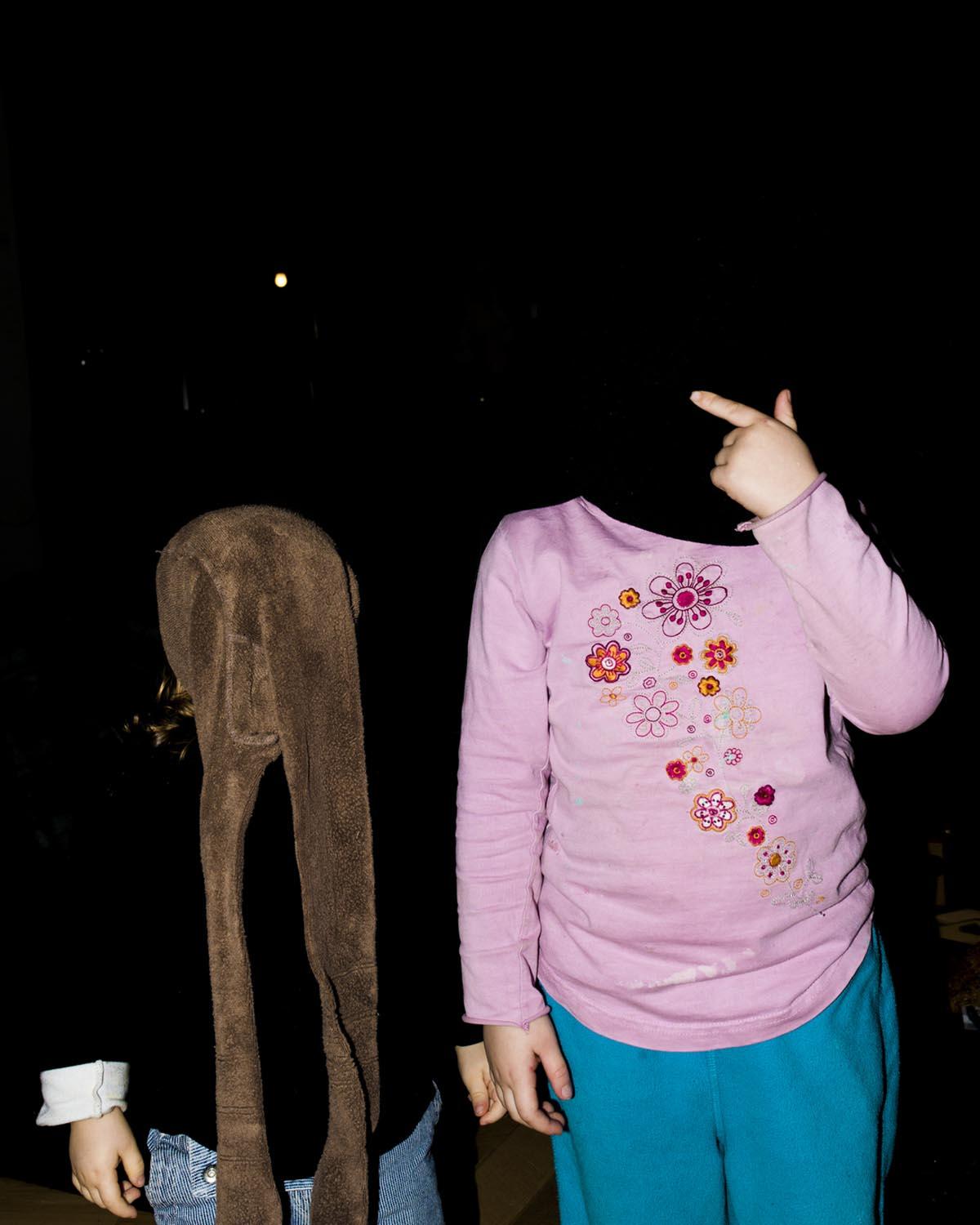
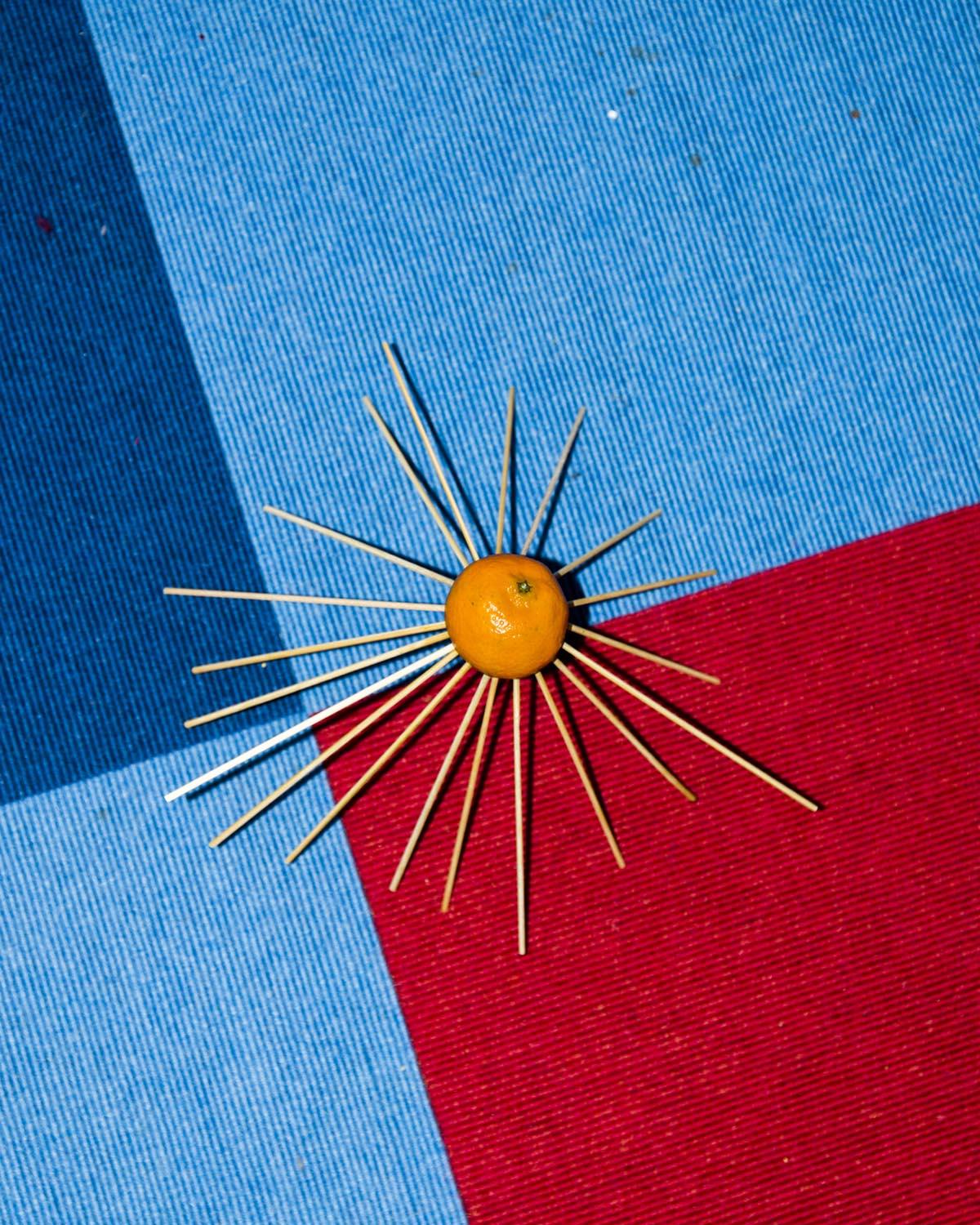
What made you pick up a camera in the first place?
In my hometown of Córdoba, I studied theater and was part of a small theater company. I was also starting to write some plays and some monologues. But when I moved to Berlin, I did not know the language, I lost the possibility of continuing with the theater, although I tried to find some kind of physical and experimental theater group, but it did not work.
I started to take pictures of the city, the typical thing, and it was when our first daughter was born that I discovered the creative power of photography. The need to express myself led me to embrace photography, finding a tool and a language that allowed me to tell my stories without needing to know German or having friends and people with whom to relate.
Now my German is quite advanced and my circle of friends has grown but photography is here to stay and it has become a need in my day to day life.

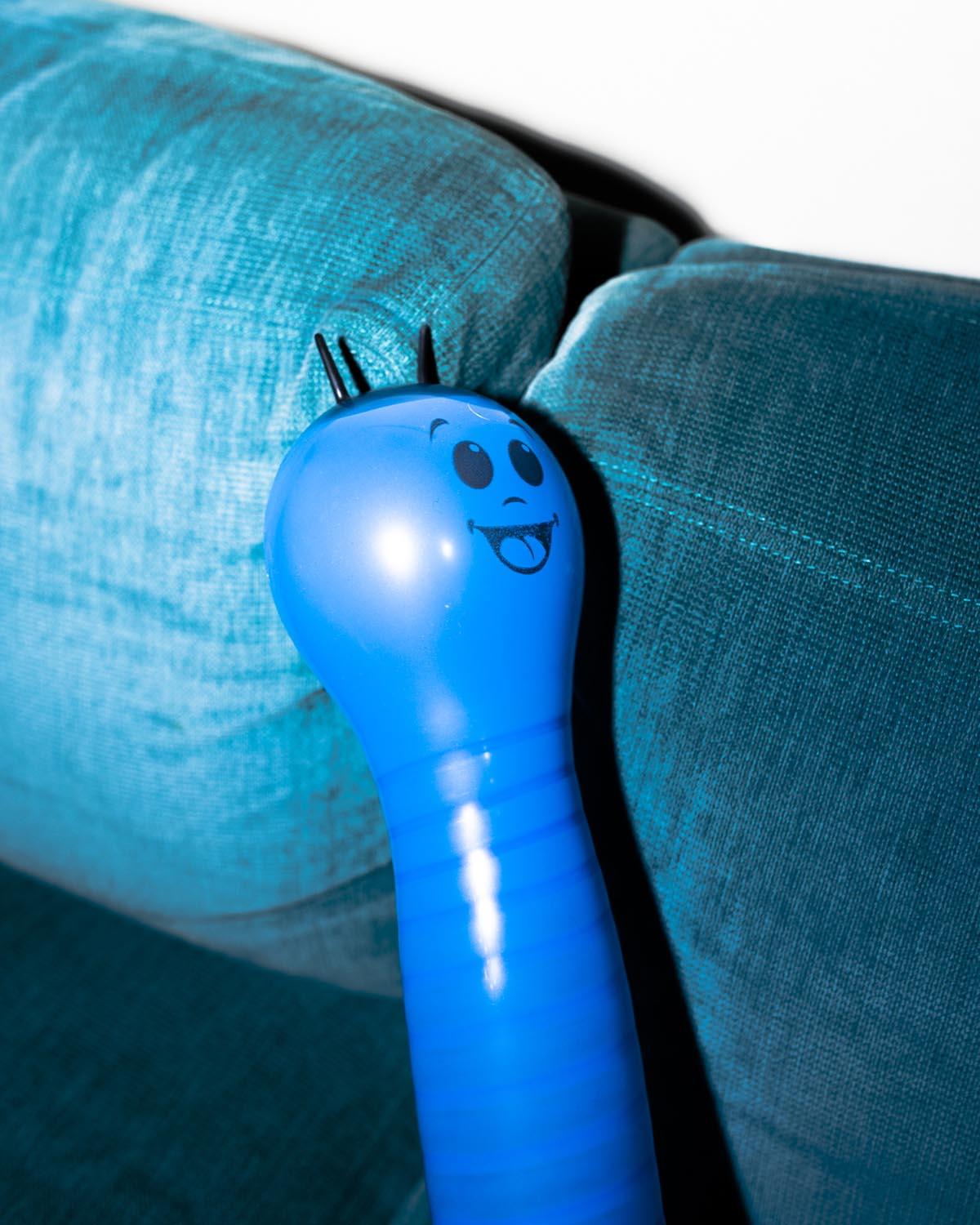
Tell us about your project Ikigai, how did you start it? What made you develop it?
This project was born out of a personal crisis in which several aspects came together. On the one hand, there was a creative block after finishing my previous
project, "Los Guardacasetas", which took up a lot of energy and did not end the way I would have liked.
On the other hand, I entered the crisis of the 40s, that in which you rethink what to do with life. In addition, I was in Berlin, far from my Andalusia, my family and friends
and no time to go out and develop my projects since I am the one in charge of the daily care of the children, the house, the food ...
At that time I did a one-year seminar at the Ostkreuzschule in Berlin with the theme of identity as a center. There I discovered that the photos I have been taking of my
children these years spoke of all that, of my identity as a father, of my need to take photos. Searching online about the meaning of life, I came to the definition of Ikigai
and saw that it was related to what was happening to me, with my personal search, with the relationship I have with my children and photography.
Once the work was more advanced, I also discovered that I was not only photographing my search but that I was also documenting in some way that of my
children: their creativity, their games, their loneliness. Without being aware there is, in some way, a search for meaning, a discovery of the world. They are 8, 6 and 3
years old and I feel that they do have that Ikigai, that reason to get up every day from bed. Maybe at some point in adolescence that sense is lost, and it is in
adulthood that we have to go out and look for it again.
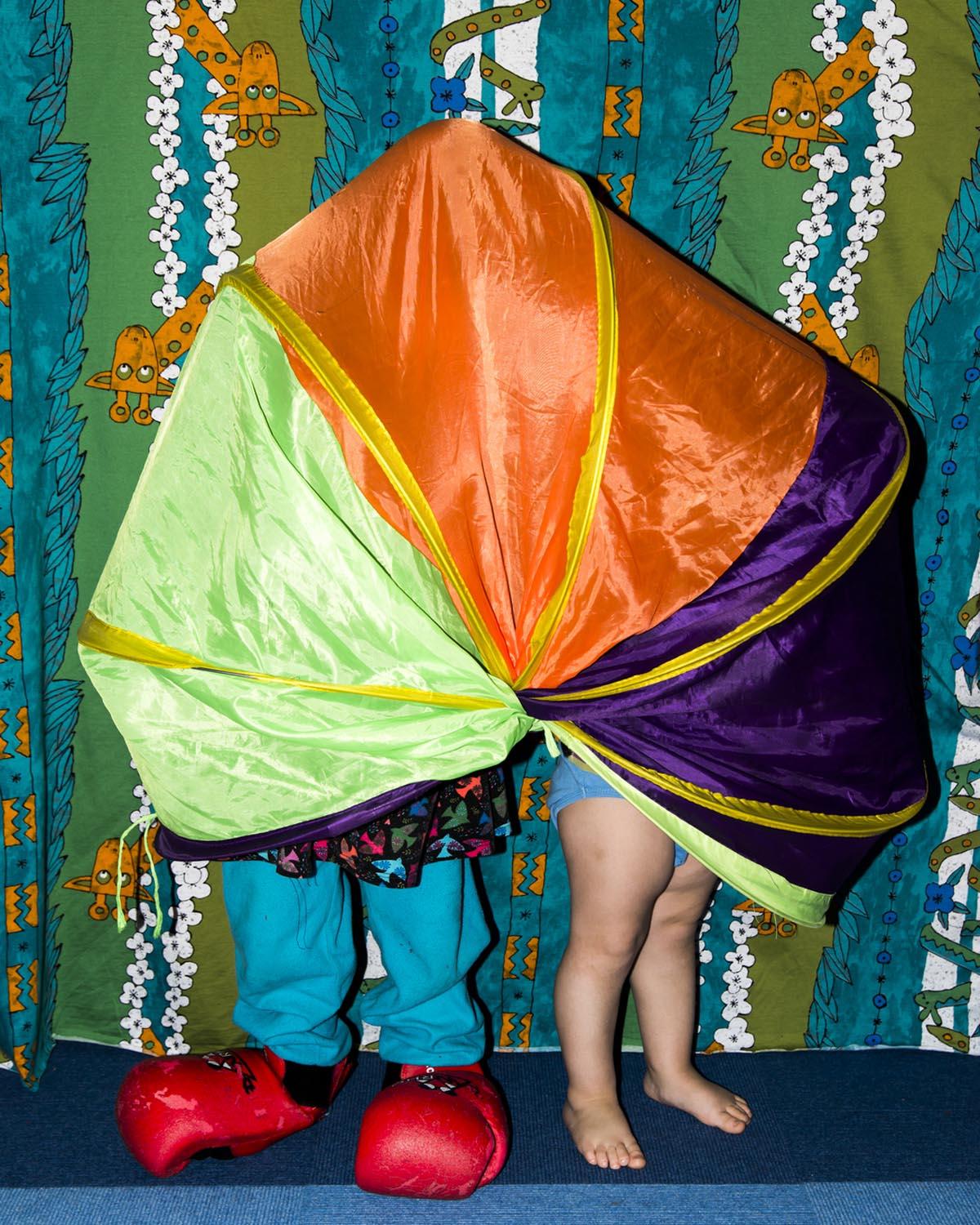
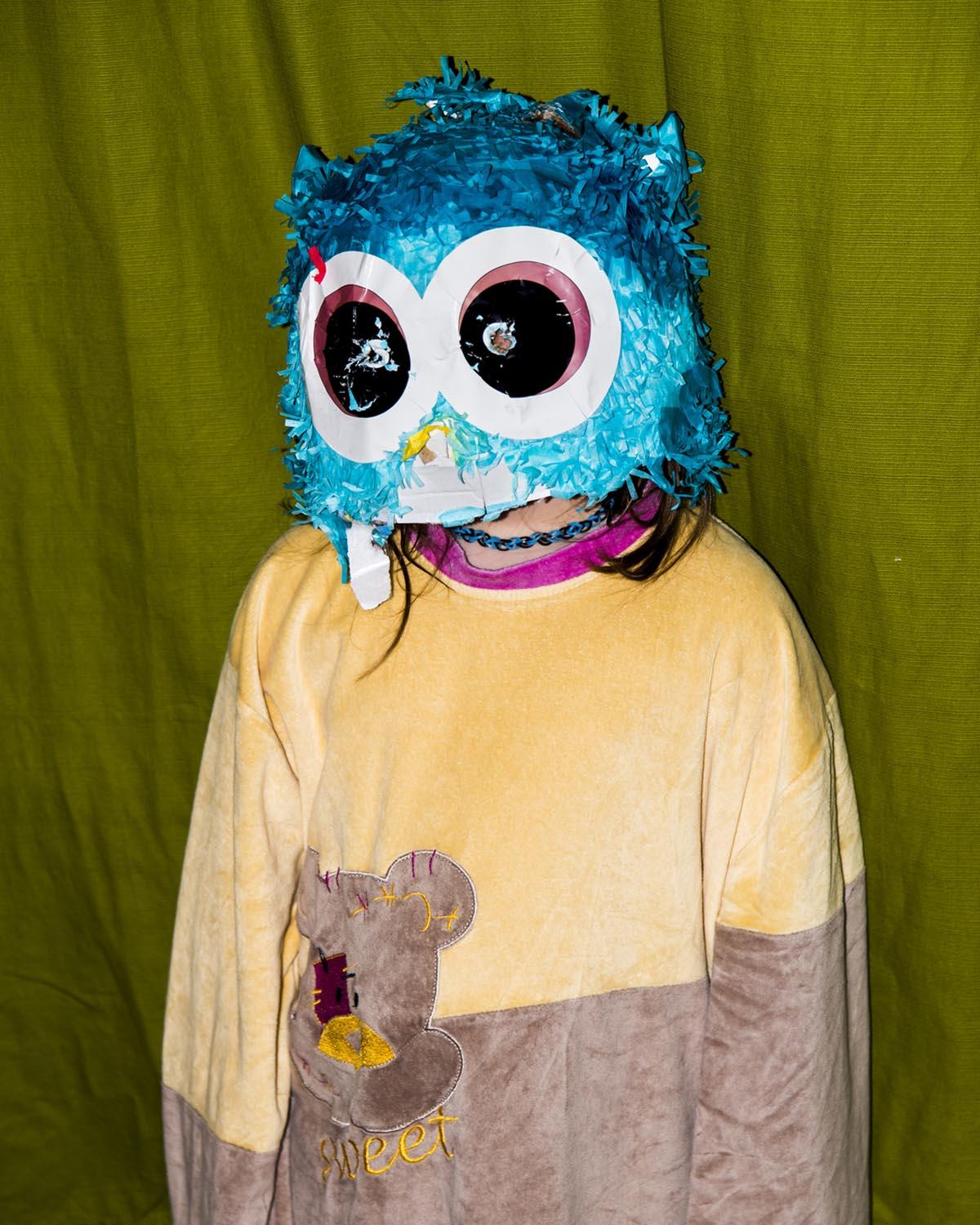
Finding "a reason for being" requires a deep and often lengthy search of self. How did you get inspiration for each shot in the series?
I think, to be there with the children everyday, playing, is inspiration and motivation enough to take pictures. Of course, there is a period of time when I have less energy or inspiration, but the solution is always the same: take more pictures.
What other projects, exhibitions or books are you currently working on?
Next year I would like to finish the book of my previous Project: “Los Guardacasetas”. I´m also working on a new project called “Jo soi Papa”. That series is developed in parallel to “Ikigai.”
My older daughters started taking pictures at home, of their toys, of them, of me. And I decided to try to do something collective, to play. I pose for them or they photograph me when I'm cooking or at rest.
I think that it is a series with a fairly current content: modern manhood , the new roles in the family, the need for care, love.

